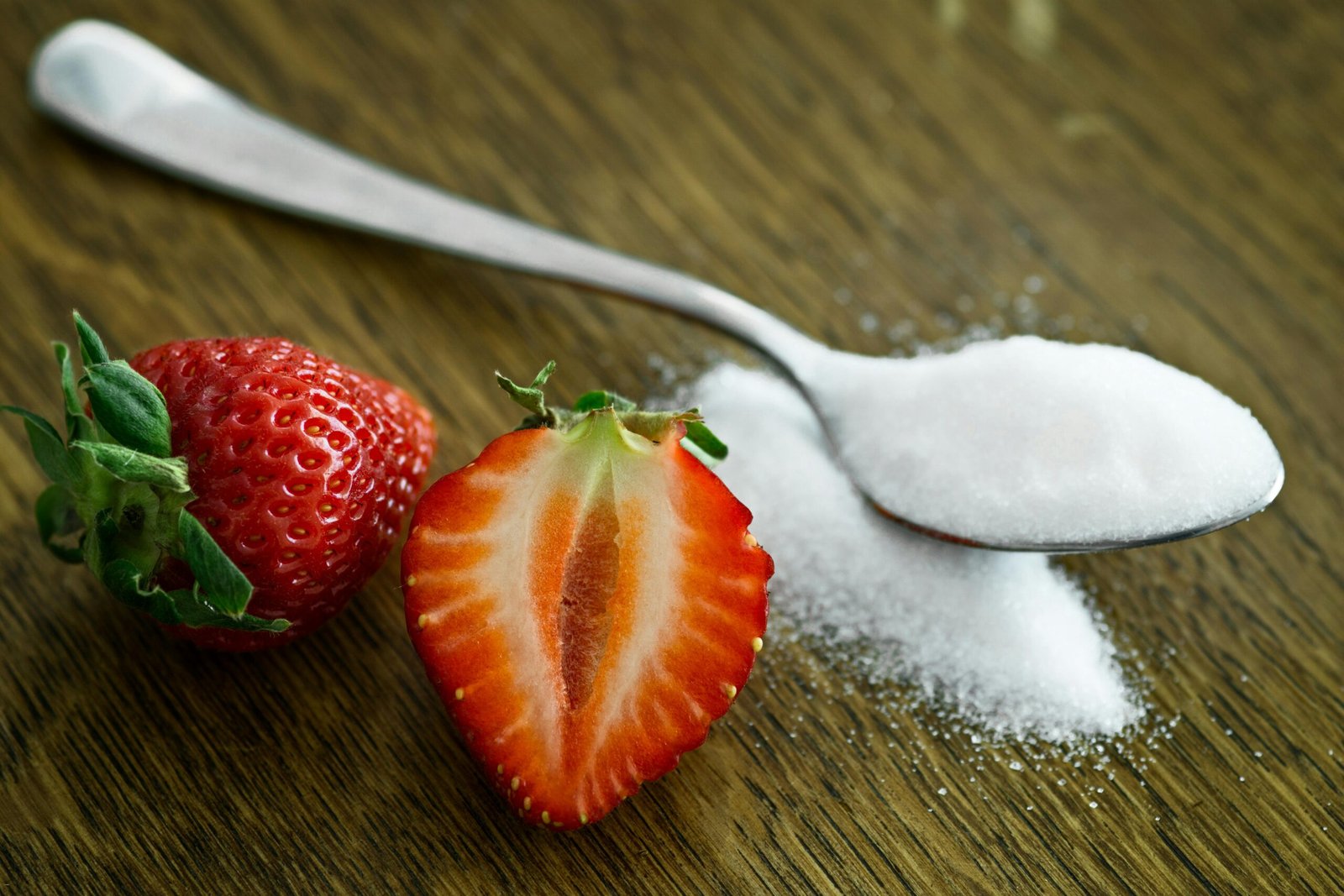Sugar is a major culprit behind tooth decay and cavities. While it’s a common part of many diets, excessive sugar consumption can lead to serious oral health issues if not properly managed. Understanding how sugar affects your teeth and how to prevent damage can help you maintain a healthy, bright smile.
How Sugar Harms Your Teeth
When you consume sugary foods and drinks, the bacteria in your mouth feed on the sugar, producing acids as a byproduct. These acids attack your enamel, the protective outer layer of your teeth, leading to decay over time. Here’s what happens:
- Formation of Plaque – Sugar feeds harmful bacteria, leading to plaque buildup on the teeth.
- Acid Production – The bacteria convert sugar into acids that erode enamel.
- Cavity Development – Over time, enamel breakdown results in cavities and tooth decay.
- Gum Disease Risk – Excessive sugar contributes to gum inflammation, increasing the risk of gingivitis and periodontitis.
Signs That Sugar is Damaging Your Teeth
- Increased tooth sensitivity to hot, cold, or sweet foods
- Visible white spots or discoloration on teeth
- Frequent cavities despite regular brushing
- Bad breath caused by bacterial buildup
- Sore or bleeding gums
What is Xylitol and How Does It Benefit Your Teeth?
Xylitol is a naturally occurring sugar alcohol found in many fruits and vegetables. It is commonly used as a sugar substitute in oral care products and sugar-free gum. Unlike regular sugar, xylitol does not contribute to tooth decay because it is not metabolized by harmful oral bacteria. Xylitol helps prevent cavities by reducing the growth of cavity-causing bacteria, specifically Streptococcus mutans. It also promotes saliva production, which helps neutralize acids and remineralize tooth enamel, making it a valuable ingredient for maintaining oral health. It is commonly used as a sugar substitute in oral care products and sugar-free gum.
NovaBrite Whitening Kit and NovaBrite 3D Whitening Strips contain xylitol, making them a safer choice for your teeth while still providing an effective whitening experience.
How to Prevent Sugar Damage
While it’s difficult to avoid sugar entirely, you can take steps to minimize its harmful effects on your teeth.
1. Limit Sugar Intake
- Reduce sugary snacks and beverages, especially sodas and candies.
- Opt for natural sugars found in fruits rather than processed sweets.
- Read food labels to monitor hidden sugars in packaged products.
2. Maintain Good Oral Hygiene
- Brush your teeth at least twice a day with fluoride or enamel-strengthening toothpaste.
- Floss daily to remove sugar and plaque from between teeth.
- Use an antibacterial mouthwash to help kill bacteria and freshen breath.
3. Rinse Your Mouth After Eating Sugar
- Drinking water after consuming sugar helps wash away residue.
- Chewing sugar-free gum stimulates saliva production, which neutralizes acid.
4. Strengthen Your Enamel
- Incorporate calcium-rich foods like dairy products, leafy greens, and almonds into your diet.
- Use enamel-repairing products like NovaBrite NHPro Enamel Serum to protect and remineralize your teeth.
5. Schedule Regular Dental Checkups
- Professional cleanings remove plaque buildup that brushing can’t reach.
- Your dentist can detect early signs of decay and provide fluoride treatments for extra protection.
The Key to a Healthy Smile
Sugar can be harmful to your teeth, but with proper oral care and mindful eating habits, you can prevent decay and maintain strong, healthy enamel. By making small changes, such as reducing sugar intake and following a good oral hygiene routine, you can protect your smile for years to come. Start taking care of your teeth today for a brighter, healthier future!




